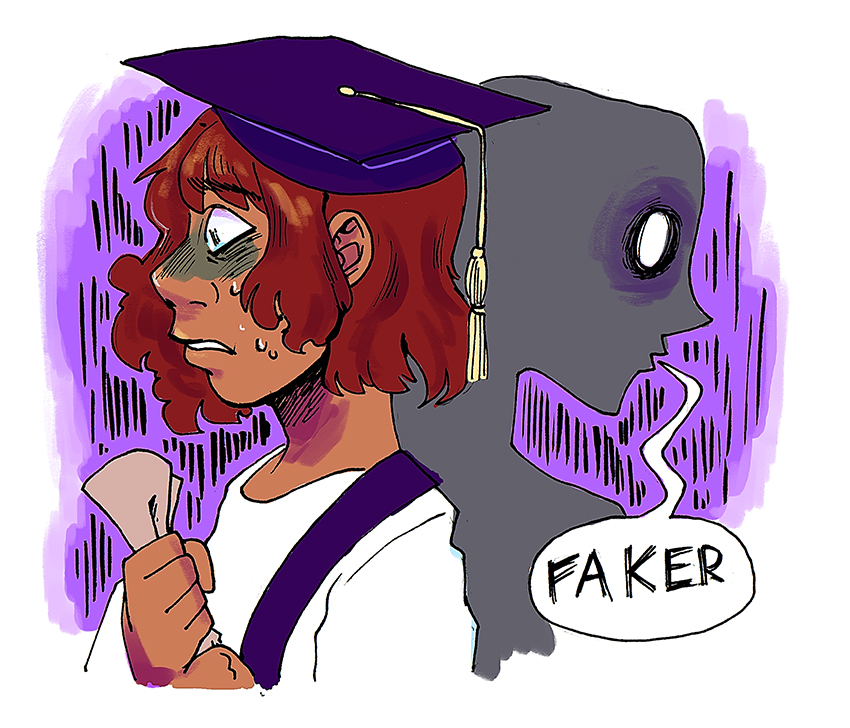Minority students at UT can feel like strangers to their own success, according to Kevin Cokley, educational psychology and African and African diaspora studies professor.
This experience, known in the research community as the impostor phenomenon, occurs among high achievers who are unable to attribute their successes to their own hard work.
Researchers often examine the experiences of students of color, especially African-American students, from external factors related to their minority status. But Cokley has taken a different approach by studying how the impostor phenomenon in African-American students leads these students to believe they are being discriminated against, causing anxiety and depression.
“This research is important because it brings attention to an under-studied topic that is very salient in the lives of many students of color,” Cokley said.
People with impostor syndrome, a term coined in 1978 by clinical psychologists Pauline Clance and Suzanne Imes, attribute their accomplishments to luck rather than ability. Along with a fear that others will unmask them as a fraud or an impostor, the phenomenon is often accompanied with anxiety and depression.
“We found that feelings of impostorism intensify the impact of perceived discrimination and mental health for African-American students,” Cokley said.
Cokley said the research showed that the impact of the impostor syndrome varied across students of color, and that different racial groups should not be treated the same. Previous research indicates that impostor syndrome originates from certain family dynamics, specifically how parents reinforce achievement among their children. Cokley said he wants to continue investigating these dynamics across various ethnic and racial minorities, diving into factors of personality such as perfectionism, optimism and pessimism and how these factors might be important precursors to impostor feelings.
For students who feel they are having symptoms of the impostor syndrome, Cokley said it might be helpful to keep a record of positive feedback they have received to counter the anxiety and negative messages from impostor feelings.
“(Also) you should not be afraid or feel embarrassed to seek individual or group counseling,” Cokley said.
Kimberly Burdine, psychologist and diversity coordinator at the UT Counseling and Mental Health Center, said diversity coordinators such as herself work to provide unique counseling and discussions about identity for minority students. She said these services give under-served students more help reducing the stigma associated with mental health problems.
“As a black, first generation college student, I began college with very little, actually zero awareness of mental health,” Burdine said. “I am passionate about making sure that students understand what mental health is and that it is OK to reach out for support when they have concerns.”
Currently, Cokley said, there is more public awareness of mental health issues than at any other point in U.S. history, yet challenges, such as shortage of mental health specialists and funding, still persist.
“It usually takes a highly publicized tragedy before people start talking about the importance of mental health care,” Cokley said.















